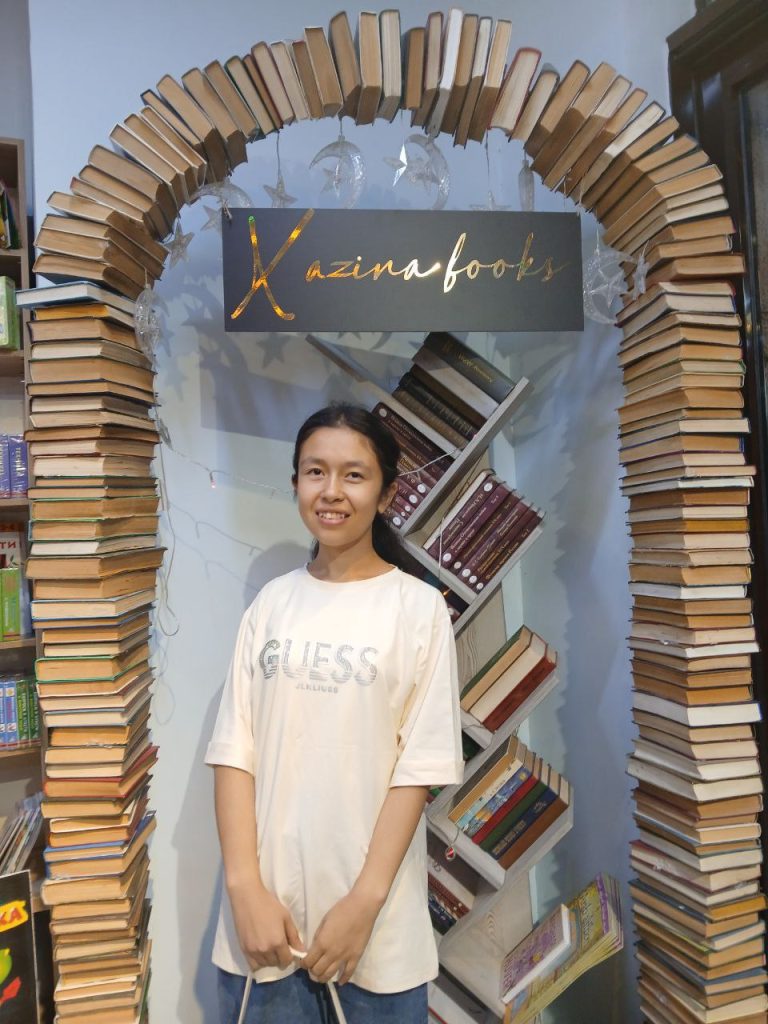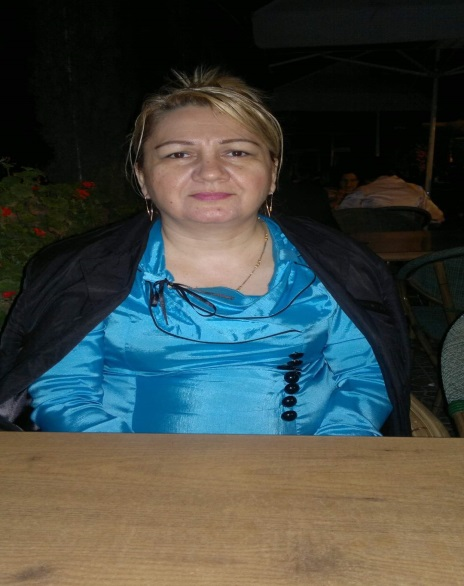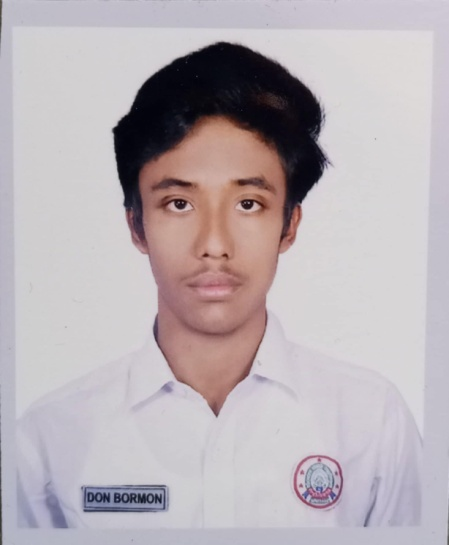
Japanese and Uzbek Idioms: Shared Wisdom, Shared Mentality
Abstract:
This article presents a scientific analysis of the similarities between Japanese and Uzbek idioms. Through examples, the shared aspects of both nations’ worldviews are revealed. The meanings of the idioms and their cultural significance are examined, as well as their importance in translation and language learning.
Keywords: Japanese language, Uzbek language, idioms, proverbs, mentality, culture, translation, semantic similarity, language teaching, translation practice.
Every nation’s mentality and culture are reflected through its language. Idioms and proverbs, in particular, embody the accumulated experiences, values, and perspectives of a people over centuries.
Although the Japanese and Uzbek peoples are geographically and linguistically distant, the similarities in their idioms reflect shared patterns in thought and worldview.
This article analyzes the similarities of idioms in Japanese and Uzbek based on scholarly sources.
1. Shared Mentality Reflected in Idioms
Idioms in both Japanese and Uzbek are often rooted in life experience, wisdom, and ancient proverbs. The following examples clearly demonstrate this:
七転び八起き (Nanakorobi yaoki) – “Fall seven times, rise eight.”
This corresponds directly with the Uzbek idioms.
In both cultures, this phrase expresses resilience and determination in the face of hardship.
猿も木から落ちる (Saru mo ki kara ochiru) – “Even monkeys fall from trees.”
This aligns with the Uzbek expressions .
It means that even experienced individuals can make mistakes.
蓼食う虫も好き好き (Tade kuu mushi mo sukizuki) – “Some insects even enjoy eating bitter herbs.”
This idiom corresponds with the Uzbek saying (“Everyone has different tastes”).
It highlights that personal preferences vary from person to person.
2. The Role of Idioms in National Mentality
Through idioms, nations express their life experiences, values, and psychological characteristics.
Japanese idioms tend to emphasize patience, calmness, and aesthetic values, while Uzbek idioms highlight friendship, devotion, and perseverance.
3. The Importance of Idioms in Translation and Language Learning
For translators and language learners, idioms hold particular significance.
A translator must prioritize the semantic and contextual equivalents of idioms rather than their literal meanings. This ensures that the translation feels natural and culturally appropriate.
Conclusion
In conclusion, Japanese and Uzbek idioms show many similarities, reflecting shared aspects of the two peoples’ life philosophies.
Analyzing idioms reveals the interconnection of mentalities and cultural values. In translation and language teaching, the accurate and natural rendering of idioms is of great importance.
References:
Ikegami, Y. (2005). Japanese Proverbs and Sayings. Tokyo: Kodansha International.
Toshmurodova, G. (2018). Idioms in Uzbek: Concept, Classification, Interpretation. Tashkent: Fan Publishing.
Natsume, S. (2020). Understanding Japanese Culture through Idioms. Kyoto University Press.
Komatsu, H. (2016). Japanese Idioms: Cultural Insight through Language. Osaka: Nihon Bunka Kenkyūsha.
Nazarova, G. (2019). The Role of Idioms in Translation and Their Equivalent Matches. Journal of Philological Issues, No. 2, pp. 45–49.
Khudoyberganov, Q. (2017). Theory and Practice of Translation. Tashkent: Yangi Asr Avlodi.
Oblaqulova Gulshoda was born in Bakhmal district, Jizzakh region.
She is a first-year student at the Uzbekistan State World Languages University, Faculty of Eastern Philology, majoring in Japanese Language.






